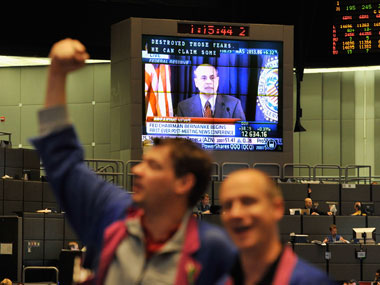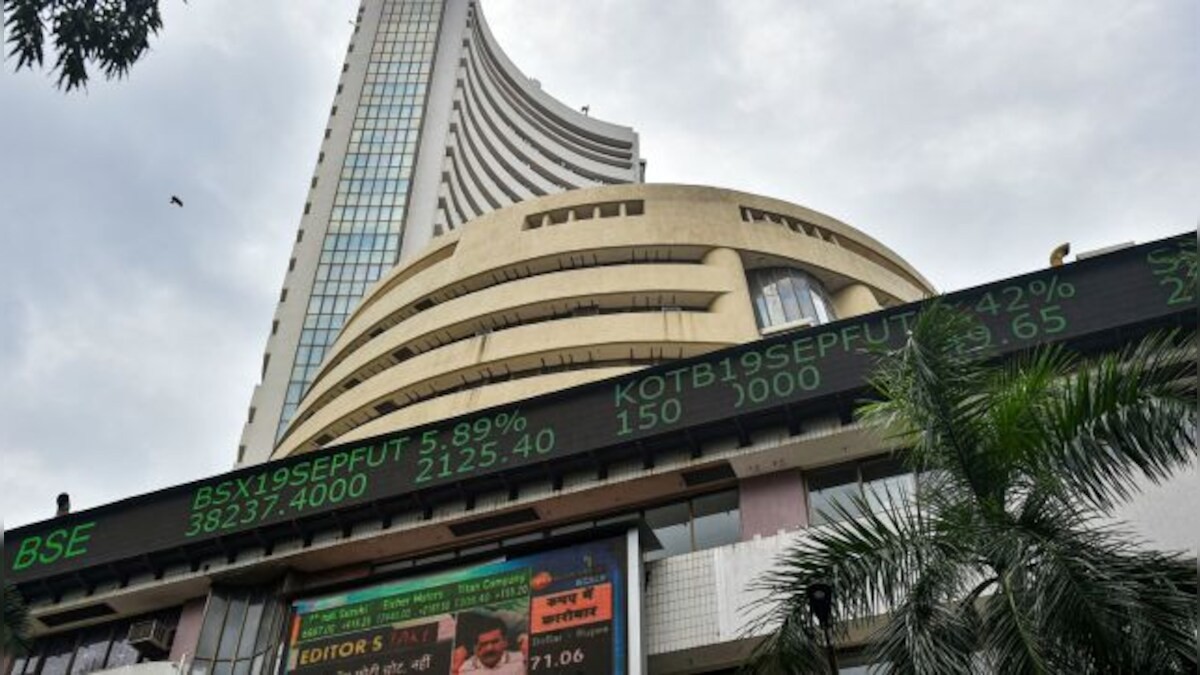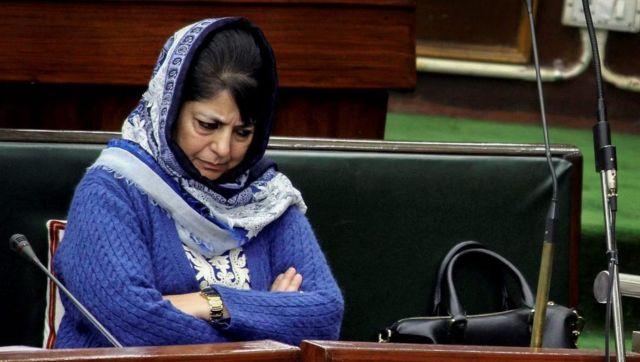When 2004 general election results were announced, it handed out a shocking victory to the Congress Party and its allies. “Bhaad mein jaaye Sensex (Sensex can go to hell),” said A Bardhan, Communist Party of India leader. The stock market took a serious note of Bardhan’s dramatic comment in 2004. A dramatic fall in share prices was witnessed the following Monday.
Cut to 13 May 2011.
With clear signs emerging of the Left Front voted out of power in Bengal and Kerala, the stock market was celebrating. The BSE sensex rose 362 points or 2% and so did NSE Nifty. Towards the close of trading, the BSE sensex shed half of those gains indicating that there are more headwinds . The rally towards the day’s high was like a momentary applause.
The street looks at the electoral victory as a sweet one but perhaps thinks that there is a long way to go.
It is pointed out that the people of West Bengal have voted for development and people of Tamil Nadu have voted against corruption. The two issues have bothered local and international investors alike.
“The rally is sentiment driven indeed,” an executive director at a Mumbai-based bank said. The director added that the retail investor participation is very low in the stock market as fixed return investments are offering a post-tax return of 11%. This has resulted in a lower trading volume than usual.
“The market is driven by a few institutional investors. Frankly, there is no fundamental change to the way the market looks at the future after the election result,” the executive director said.
The gain in the stock market was led by just two sectors. Consumer and Healthcare. BSE FMCG index rose more than 2.3% in value and the BSE Healthcare index gained 1.3%. High inflation and high input costs are hurting businesses. Hence, investors buy into companies that are able to pass on rising input costs to customers (like FMCG) and are not directly affected by rising interest rates (like Pharma).
Industry executives expect a positive outcome from the result.
“Industrialisation of Bengal will begin,” said Rajiv Kumar, director general of Federation of Indian Chamber of Commerce & Industry (FICCI) to Firstpost , an industry body. Amit Mitra, secretary general at FICCI is expected to be the new finance or industry minister of West Bengal. Kumar said that the new government is expected to put political protests like Singur behind and Amit Mitra’s presence in the ruling government would reassure people in India and overseas.
“Mamata seems to have got professionals to work as a team,” Shitin Desai, vice-chairman of DSP Merrill Lynch and a veteran investment banker said. He feels there could be more people besides Amit Mitra and Derek O’brien to execute the plan.
Listen to market wrap with Santosh Nair, Editor, Moneycontrol.com
)
)
)
)
)